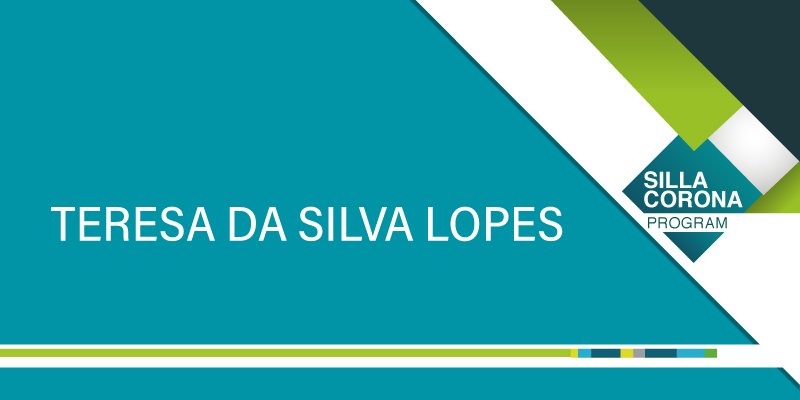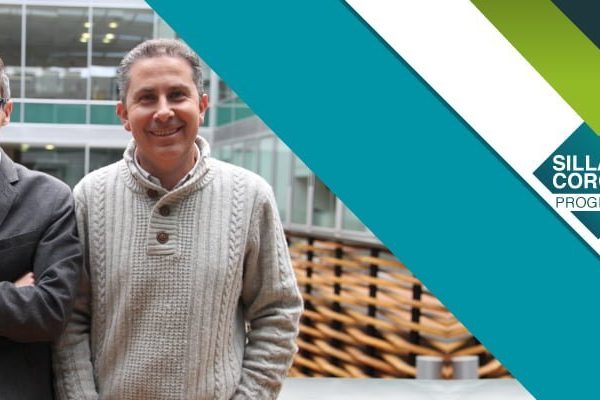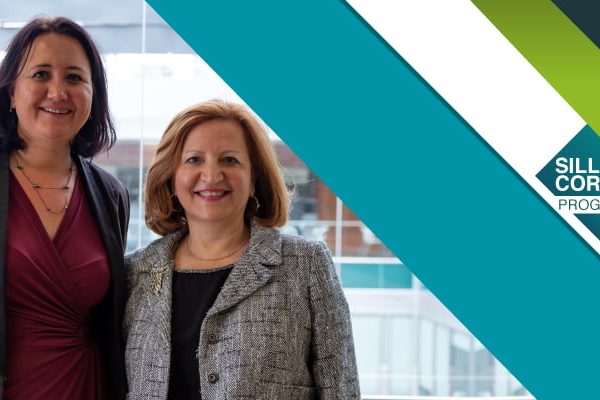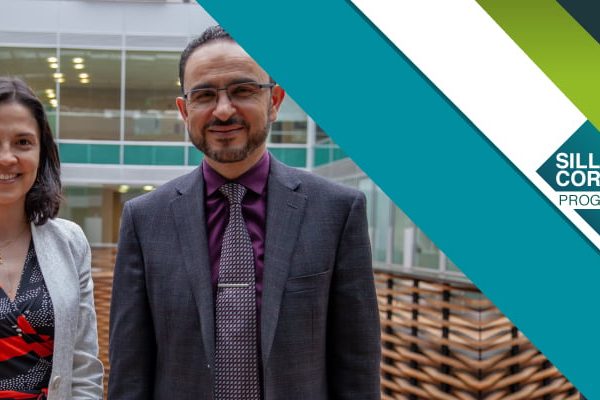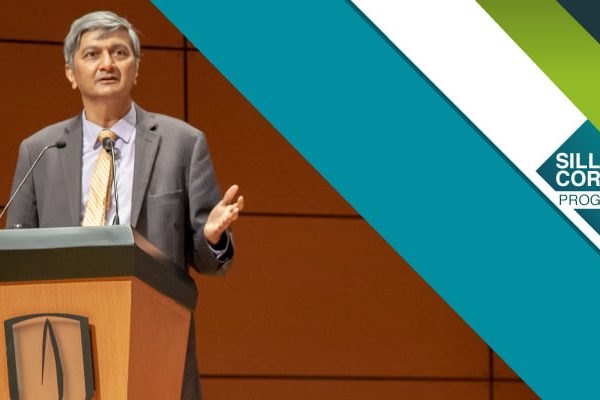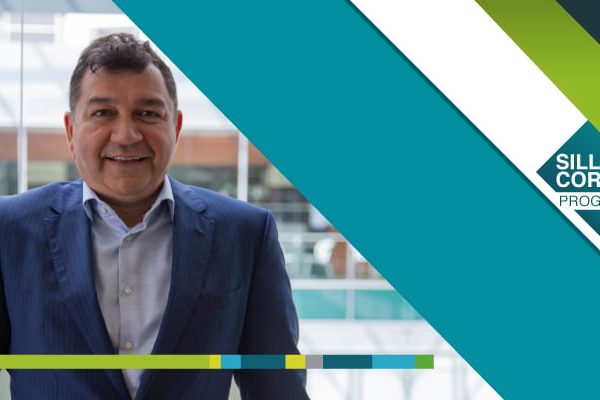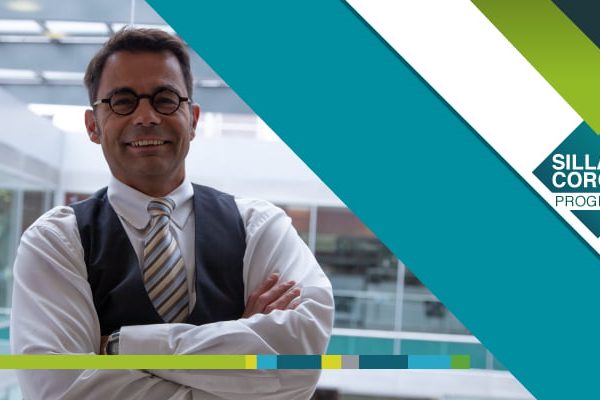When I finished my degree in Business and Management I was offered the opportunity to become a teaching assistant, but at that time I wanted to try the ‘real world’ and become a consultant instead, working for Arthur Andersen. In a short period of time I gained a lot of experience looking at many different industries, and dealing with distinct corporate issues. I specialized in preparing and analyzing investment projects of foreign firms into Portugal and of Portuguese firms abroad. For the first year and a half I worked in the company’s offices in Lisbon, and afterwards I moved to London. In London I worked with the Corporate Finance Group and was mainly involved in teams that worked on investment projects and also mergers and acquisitions. Both in Portugal and the UK, I did some financial auditing work as well. Everything was going really well; after three years I was promoted to Senior level, overseeing projects and teams of small to medium size. I really enjoyed the work, but I realized that I missed doing research at a more in-depth level, which one is not able to do when one’s hourly rate for preparing consultancy reports costs a ‘small fortune’ to clients. After three years the offer from university had extended to a job where I would be funded to do an MBA and work in the research centre of the university also doing consultancy work. That is when I decided to take the offer as it sounded like a good compromise between academia and real world. I thought I might go back to consultancy after finishing the MBA, but that never happened. When I finished the MBA I decided to do an MPhil to deal with some research questions that I had become quite curious about. Once I finished the MPhil and I published my first book coming out of the dissertation, I decided I needed to do a PhD to deal with new research questions that had emerged while doing the MPhil, and that is how I ended up as an academic
- What are the most satisfying aspects of being a scholar?Freedom to do research and to develop my thinking on topics that I am curious and passionate about. I also greatly enjoy the constant exposure that as an academic I get to meeting new people, of all age groups and backgrounds, who are also interested in discussing ideas. Both vehicles – teaching and research (conferences, workshops, seminars, joint projects etc.) – are very good facilitators for such exchange of ideas.
- What other research areas would you like to develop in the future?I have always been very interested in the long-term evolution of firms and industries, using a global lens. I would like to expand my existing research to develop new collaborations in other parts of the world and develop further comparative analysis. The research plans with Professor Andrea Lluch and the meetings we had as part of this visit to the University of Los Andes, are an important part of the development of that line of research. With regards to themes, I would also like to develop my research further within the area of corporate reputation, and also the economic, social and political impacts of firms with multinational activity in different parts of the world. This latter topic was embedded in my Corona Chair seminar.
- Please tell us a special anecdote from your academic life.The first international symposium that I attended was in the mid-1990s, when I was an MPhil student, working on my dissertation on the internationalisation and concentration of the port wine industry from World War II until the mid 1990s. I remember the opening of the conference took place at the University of Porto in Portugal, and that was followed by the first round of parallel sessions, also at the university. After that I remember that some buses took all the conference participants, a couple of hundred people, to the train station. When we got off the train we boarded a boat which for the following 2 days took us up the river Douro stopping every morning and afternoon at different places. The international symposium ended near the frontier with Spain. The days were essentially spent visiting beautiful Quintas along the Douro River with astonishing views and full of historical significance in the business history of port wine. We also did a lot of ‘field work’ tasting delicious and many old wines from the Douro region, including old tawnies to vintage ports. These amazing experiences were then interrupted by what was starting to seem like ‘hard work’ (after a few glasses of wine), another round of parallel sessions where we were supposed to discuss research. I have to say that apart from being great, it was also at this conference that I first met people with whom I went to collaborate for many years and I am still working with today. But most important of all, it was possibly at this conference that I realized that academic life really suited me!
- How does your work contribute to the society as a whole?That is a tricky question. In the UK, apart from academic impact, scholars are asked by universities to develop their research in a way that will lead to other kinds of societal and economic impact. I have to admit I am still waiting for the day when Whitehall contacts me for advice on foreign direct investment policy making, or on the role global brands play in the evolution of global and sustainable industries…
- How would you describe your teaching philosophy?My teaching philosophy is very much influenced by the time I spent at Oxford University as a fellow of Brasenose College and teaching at the Said Business School. Coming straight out of my PhD, I remember thinking that my only advantage in relation to the students I taught was the fact that I was about 10 years older than them. They were incredibly bright and enthusiastic young people. We had the most fruitful and engaging discussions in classes, in particular when I taught small seminars with 2 to 3 students. I believe that young scholars, for example PhD students, can provide really innovative points of view on topics. Their inexperience and lack of wide reading can act in their favour by not creating boundaries in their judgment in the ways where those who have studied all sorts of frameworks and theories can be more restricted. I keep in touch with many of my former students from Oxford and other universities where I taught. My philosophy is to always treat and talk to students as future colleagues, who just happen to be younger than me, and my role is to share and exchange my knowledge and experience with them.
- What do you learn the most from the interaction with your students?Because I teach a lot of students from around the world, a lesson I always take from my interaction with my students is the awareness of our cultural differences. I very much enjoy learning about new cultures and habits, and often they reflect not just on the way people view the world, but also how they develop their thinking and how they approach certain topics even in classes.
- During your visit, what surprised you about Colombia?Because I spent most of the time at the University of Los Andes, my main memories of Colombia will be associated with this visit. The diversity and very high level of quality of research taking place in Colombia in the area of business history, in particular the Business History Group, lead by Professor Carlos Dávila, was an exciting surprise for me. I visited the University of Los Andes just for a few days, but was very impressed by my visit at all levels: the site where the university is located is unique and its infrastructures are fantastic and very unique and diverse from an architectural point of view; the staff at the Management school researches and teaches a wide range of very interesting topics, and the international networks the university has created with top institutions around the world is impressive. I also had the opportunity to teach a class and found the students very lively and engaged.
- After your visit, what do you take from Colombia back home?As I just mentioned, the main experience I take back home relates to my visit to the University of Los Andes. But if you ask about my views about the country as whole, I would say that what most impressed me was its amazing diversity and beauty in terms of landscapes. There is a striking contrast between very modern architecture and high-rise buildings, and colonial buildings and churches. The city is surrounded by beautiful hills, which make it look like a postcard. The altitude is also quite clear once you land in Bogota. After a twenty two hour journey from York, I was asked to sign a form, and when I took out a pen from my handbag there was an explosion of blue ink around me, coming from both the front of the pen and also the back! I guess the altitude had affected not only my sense of balance which combined with jet lag made me feel like I was still flying, but also the pen. During this visit, apart from Bogota I have also had the chance to go to Cartagena for one day as I had several meetings arranged related to the organization of the Business History Conference which in 2019 will take place in that city, and I, as elected president of the Association, and Professor Andrea Lluch, Co-chair of the programme committee travelled there to plan the event. Cartagena is an absolutely stunning city full of history and character.
- What would you highlight from your visit to Universidad de los Andes School of Management?During this visit I had the pleasant surprise of meeting a number of academics with research interests similar to mine or to those of colleagues at the University of York. I believe there is great potential for collaboration, from a personal point of view, but also at the university level, involving other members of staff and also students. I think I also made some new friends, whom I looking forward to keeping in touch with in the years to come.

